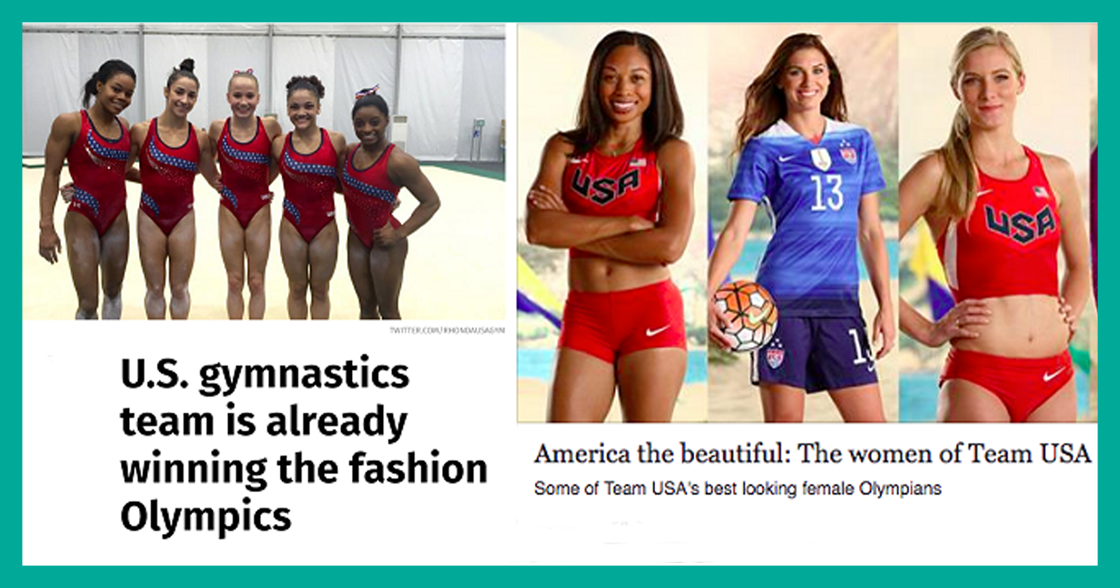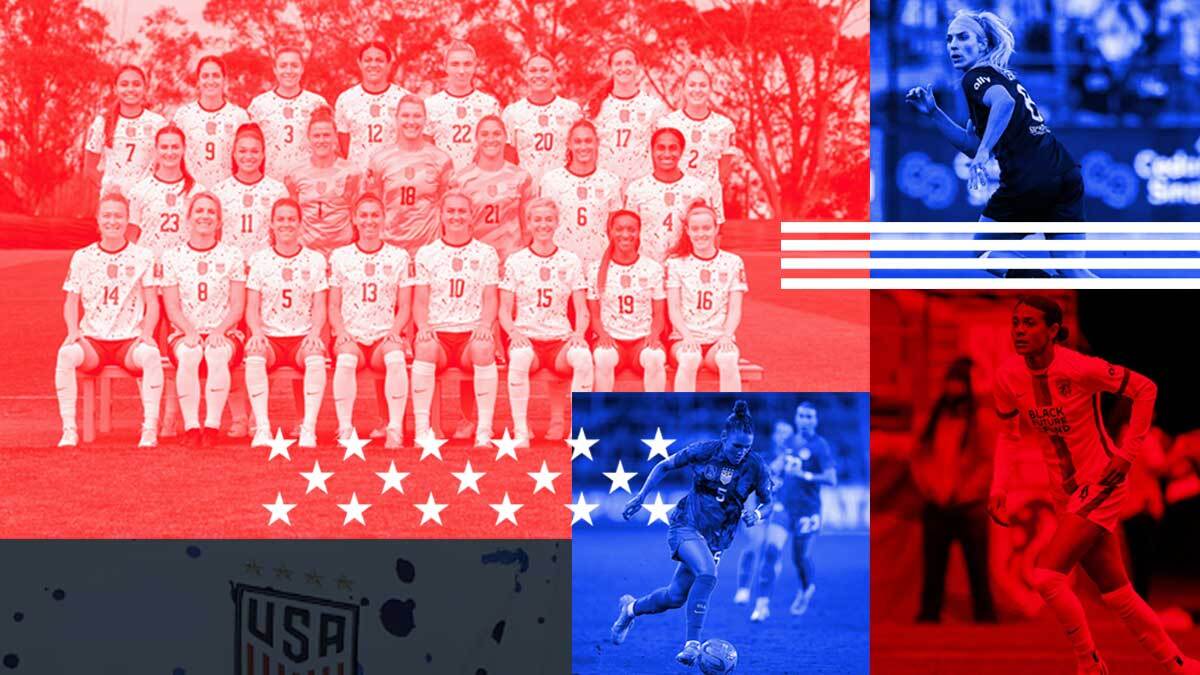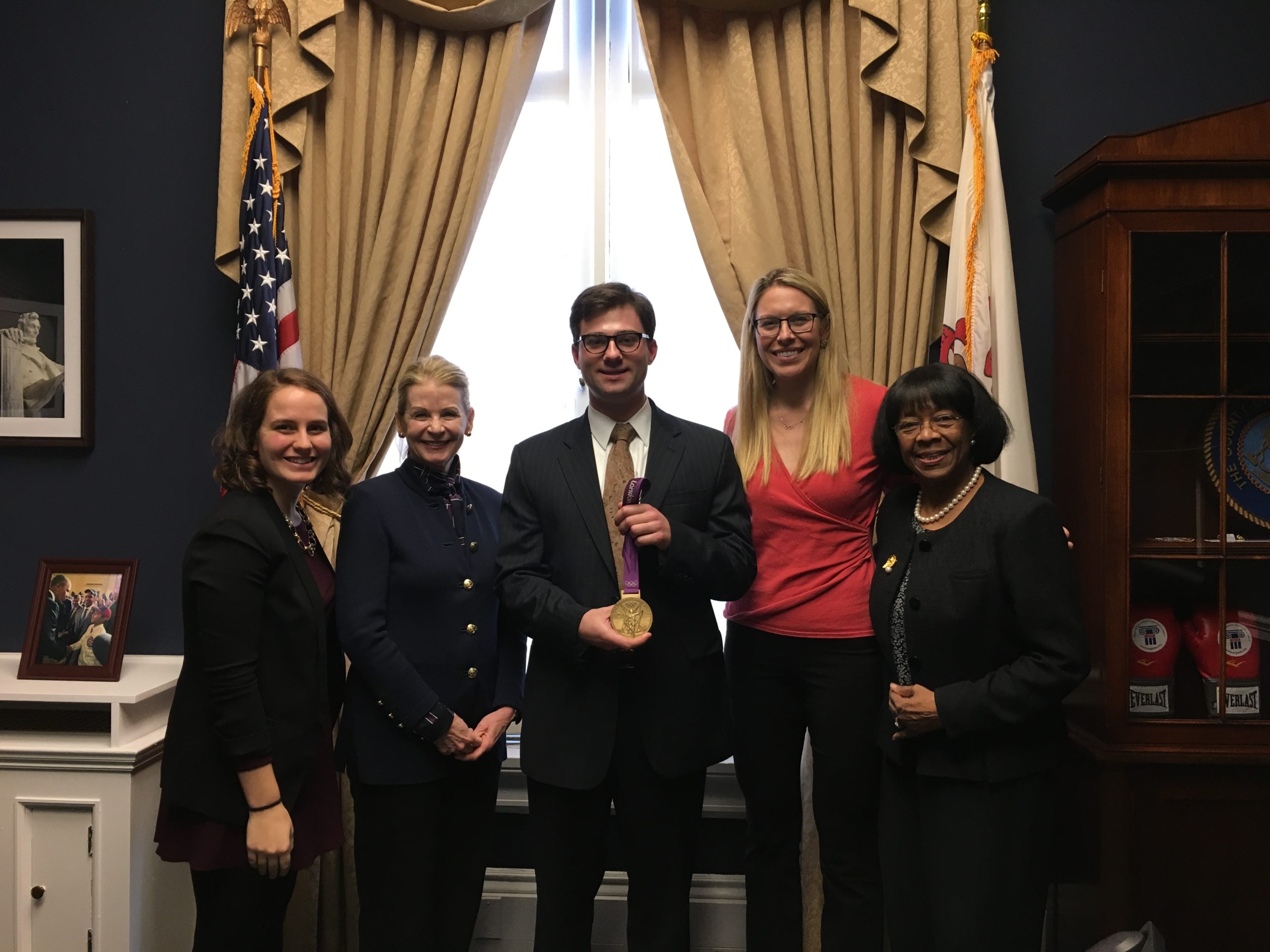Abortion rights, women of color, and LGBTQI+ people are under attack. Pledge to join us in fighting for gender justice.
Dear NCAA, It’s Not Too Late to Let Trans & Intersex Students Play!
Last week the National Collegiate Athletic Association (“NCAA”) announced a new policy on participation for transgender college athletes, overturning its longstanding rule that trans women athletes with one year of hormone suppression could play on teams consistent with their gender. The new policy, which lacks NCAA’s prior engagement with stakeholders and has not yet been made fully public, requires students to meet guidelines of national governing bodies for each individual sport, with international sports bodies listed as a fallback.
LGBTQI+ rights organizations across the US agree this is a disappointing maneuver, with the NCAA throwing away a chance to support and include all athletes under its umbrella, including transgender, cisgender, and/or intersex student-athletes. The NCAA made this hasty change in response to pressure by those who are furious about a tiny number of trans college athletes earning success in their sports. Similar outcries tend to occur whenever a woman or girl who is transgender has a chance to compete at a high level. However, if a trans athlete doesn’t perform spectacularly, anti-trans activists go silent and move on to their next potential outrage—we saw this when Laurel Hubbard became the first openly trans woman at the Olympics and failed to advance to finals after months of heated scrutiny and harassment. Like cis athletes, it’s much more frequent for trans and nonbinary athletes to play sports and do mediocre, or badly, as opposed to rising to the top levels of competition. It is false and harmful to pretend that trans women and girls have inherent, immutable advantages over cis women and girls in competitive sports.
Instead of showing leadership, the NCAA has changed course in response to anger of those who seek total exclusion of trans women and girls based on stereotypes and unfounded fears. But it’s not too late for NCAA leadership to ensure all have a meaningful chance to participate instead of sidelining and stigmatizing many women and girls.
NCAA should consult trans and nonbinary students, craft thoughtful policies that balance relevant interests based on evidence and promote diversity and inclusion for all students. NCAA’s policies should:
- Protect all college athletes from inappropriate invasions of privacy and bodily autonomy, including being singled out for physical examinations or tests their classmates are not asked to endure.
- Take steps to protect college athletes from pressure and coercion to undergo medical interventions based on sports policies, rather than individualized needs.
These policies will incidentally protect cisgender women, including intersex student athletes. The policies will especially protect Black women, Indigenous women, and other women of color who face over-policing of their bodies based on historical patterns of sexual and racist harassment and abuse.
Even as the NCAA claims to follow the International Olympic Committee (IOC) as a model, NCAA’s new policy diverges from it by not providing minimum protections across sports for equity, inclusion, or evidence-based policies. For instance, IOC guidelines require eligibility policies targeted to prevent overwhelming advantages beyond body type variations, based on strong scientific evidence, that do not “systematically exclude” athletes or single them out based on trans identity or intersex characteristics. IOC also requires prioritizing athlete health over pressure to compete. With no justification, the NCAA policy omits all of these essential protections and will allow US governing bodies to begin imposing arbitrary cutoffs based on hormone levels. Any requirement for student athletes to be tested against an arbitrary hormone cutoff will be a dramatic departure from over a decade of prior NCAA policy.
Ultimately, the work of gender justice is at odds with overbroad generalizations about sex-related traits or abilities. Efforts to pit transgender women against cisgender women, falsely claiming there is a zero-sum struggle for rights and protections in sports or any other sphere, are a deliberate strategy—including by transphobic and misogynist organizations—to divide our community and undermine collective work against discrimination. Such unfounded fear-mongering benefits nobody but distracts from deeply rooted inequalities harming women athletes.
A full 50 years after Title IX mandated equal treatment in school athletics, there is a persistent gap in resources allotted to girls, especially girls of color. Professional women athletes still file lawsuits and threaten to strike over vastly unequal pay. Student athletes still experience high rates of sexual harassment, including assault. Yet, the insulting myth that trans athletes are “taking away” trophies from cis athletes continues to find a place in the narrative about trans athletes. As gender justice advocates, we demand time and energy go toward these urgent issues affecting women and nonbinary student athletes.
*Update: on February 17, 2022, we joined a letter led by the Women’s Sports Foundation, to the NCAA expressing our concerns about the process and content of its new Transgender Athlete Participation Policy. To read the letter, click here.





